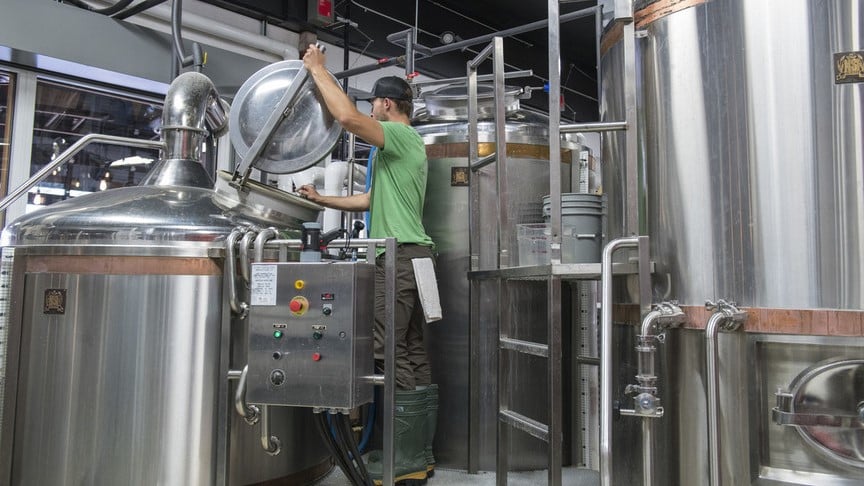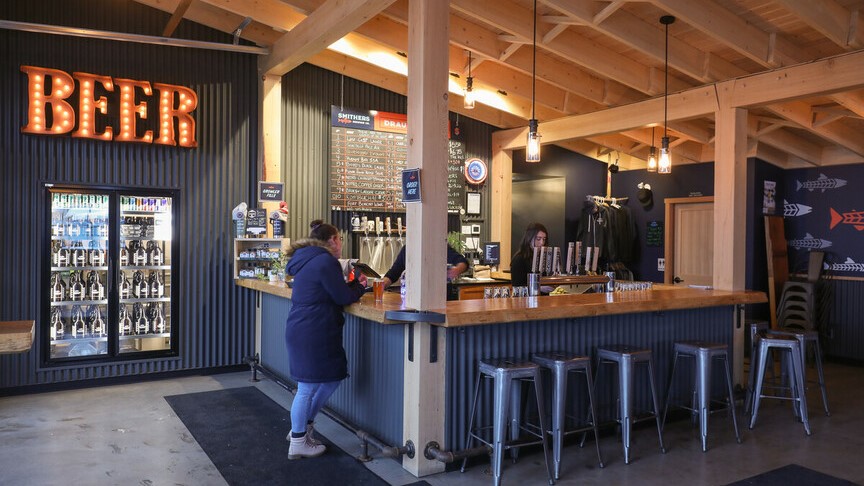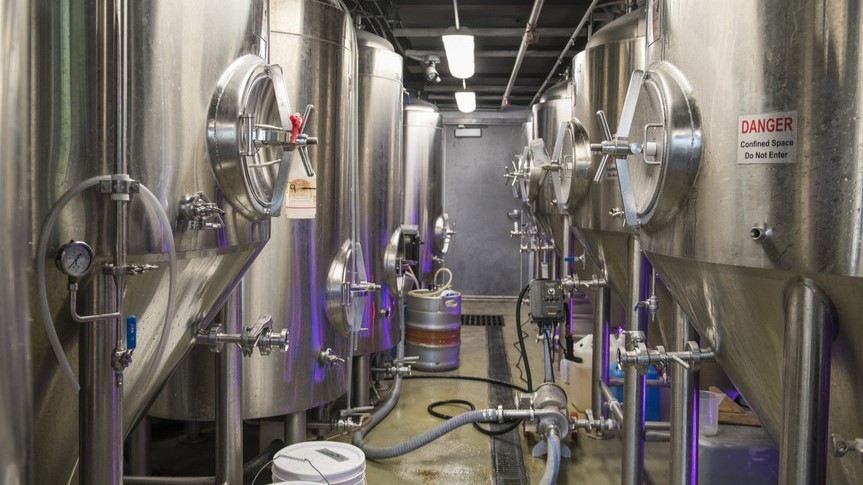
B.C. Craft Beer is Pitcher Perfect
B.C. is the birthplace of Canadian craft beer
In 1982, Horseshoe Bay Brewing served British Columbia’s (B.C.) first craft brew and became Canada’s first microbrewery (a term denoting a small, independent brewery). While Horseshoe Bay Brewing closed its doors in 1999, its proprietors, John Mitchell and Frank Appleton had opened Spinnakers’ Gastro Brewpub in 1984 in Victoria, British Columbia making it the first brewpub to open in Canada, and among the first in North America. In fact, just a few months before Spinnakers opened for business, Canada’s federal regulation had made it illegal to brew beer and serve beer in the same building.
Now, 40 years later, British Columbia has established a reputation for offering a variety of premium quality, full-flavoured craft beers.
So, what is a craft brewery?
Craft beer is brewed in small batches by licensed manufacturers. A craft brewmaster favours full-flavoured, premium craft beer made from pure water and locally sourced ingredients of the highest quality.Craft brewers offer quality, pure ingredients and water, bespoke brands, historical recipes, modern adaptations and seasonal blends that attract more consumers and beer connoisseurs each year. Labels and packaging of each beer a craft brewer produces are generally unique and customized to depict the flavour story of each beer.
Brewing a business
Craft beer is priced higher than mass-produced brands. In part, the price reflects quality ingredients and small production runs. The premium price also reflects the product’s scarcity. British Columbia craft breweries strike the right balance for consumers between demand and cost.
Quick facts:
• As of December 2023, there are 283 registered businesses in the breweries industry in B.C.
• Total revenue for the brewery business in B.C. grew from approximately $880K in 2020 to $928K in 2021.
Crafting up talent

In 2023, B.C. craft breweries created more than 4,270 jobs in British Columbia, including people employed in breweries and brewpubs, and support partner industries such as grain, hop and fruit farmers, mechanical production, tourism and hospitality.
British Columbia has internationally respected graduates and brewmasters from Kwantlen Polytechnic University (KPU) programs, the first brewery program in Canada to be internationally recognized by Master Brewer Associations. KPU is one of the top teaching breweries in North America with a two-year Brewing and Brewery Operations Program boasting its state-of-the-art brew lab. In 2024, KPU students won bronze at the Canadian Brewing Awards and placed second overall in the 2024 US Open College Beer Championship.
More and more craft beer lovers are discovering B.C. craft beer

Canadian and British Columbian breweries are gaining an international reputation for their beer quality and innovation, with the best ingredients, people and packaging. They are winning medals at some of the world’s largest competitions for beers in classic styles while creating new flavour combinations sought by beer lovers from around the world.
Many markets in Asia appreciate the variety and enjoy pairing beer with different foods and even other alcoholic drinks like Soju. Many markets that appreciate high-quality beer seek the prestige of limited production, bespoke and seasonal blend craft beers imported from B.C.
Exporting B.C. craft beer
Entering a new international market is challenging, even for seasoned exporters. Getting ready to export requires extensive knowledge and research to identify the right market, find customers, understand the brand’s fit and consumer preferences, adapt products, and market labelling and market regulations. Even once that work is complete, exporters must navigate customs, foreign exchange risks and protect intellectual property. Working with intermediaries, such as distributors, can be beneficial for small B.C. companies entering a new international market.
Depending on the nature of a product, many organizations prefer to export through a direct or indirect distribution channel. Smaller exporters who work with distributors offering similar products have the opportunity to engage new customer bases and expand their businesses.
Interested in buying British Columbia craft beer or investing in B.C.’s growing craft beer market? Contact Trade and Invest BC.
Looking for B.C. craft beer trade and investment opportunities? Connect with an exporter. Trade and Investment Representatives can help you establish the right connections.
Stay updated on future success stories by following us on X and LinkedIn.





